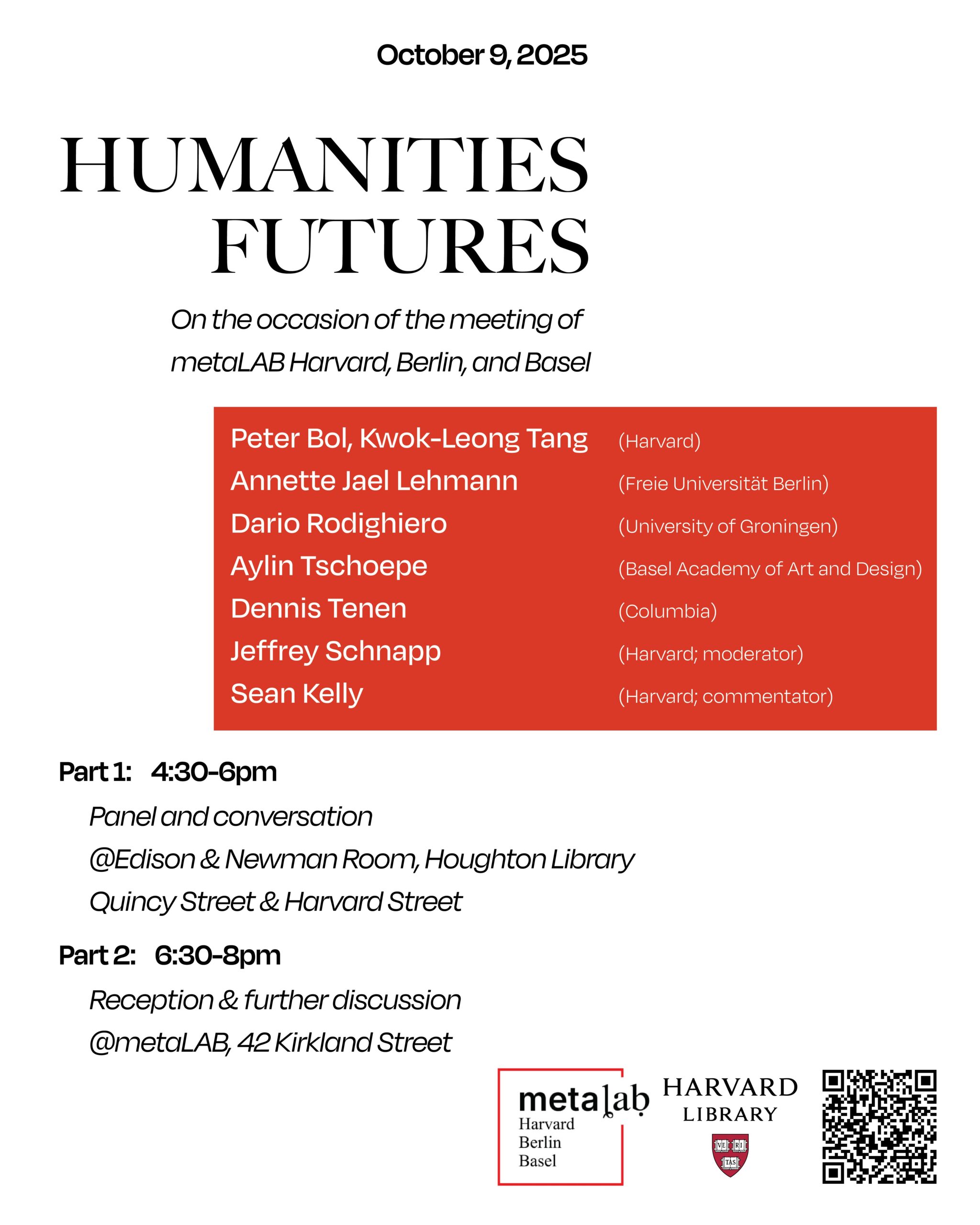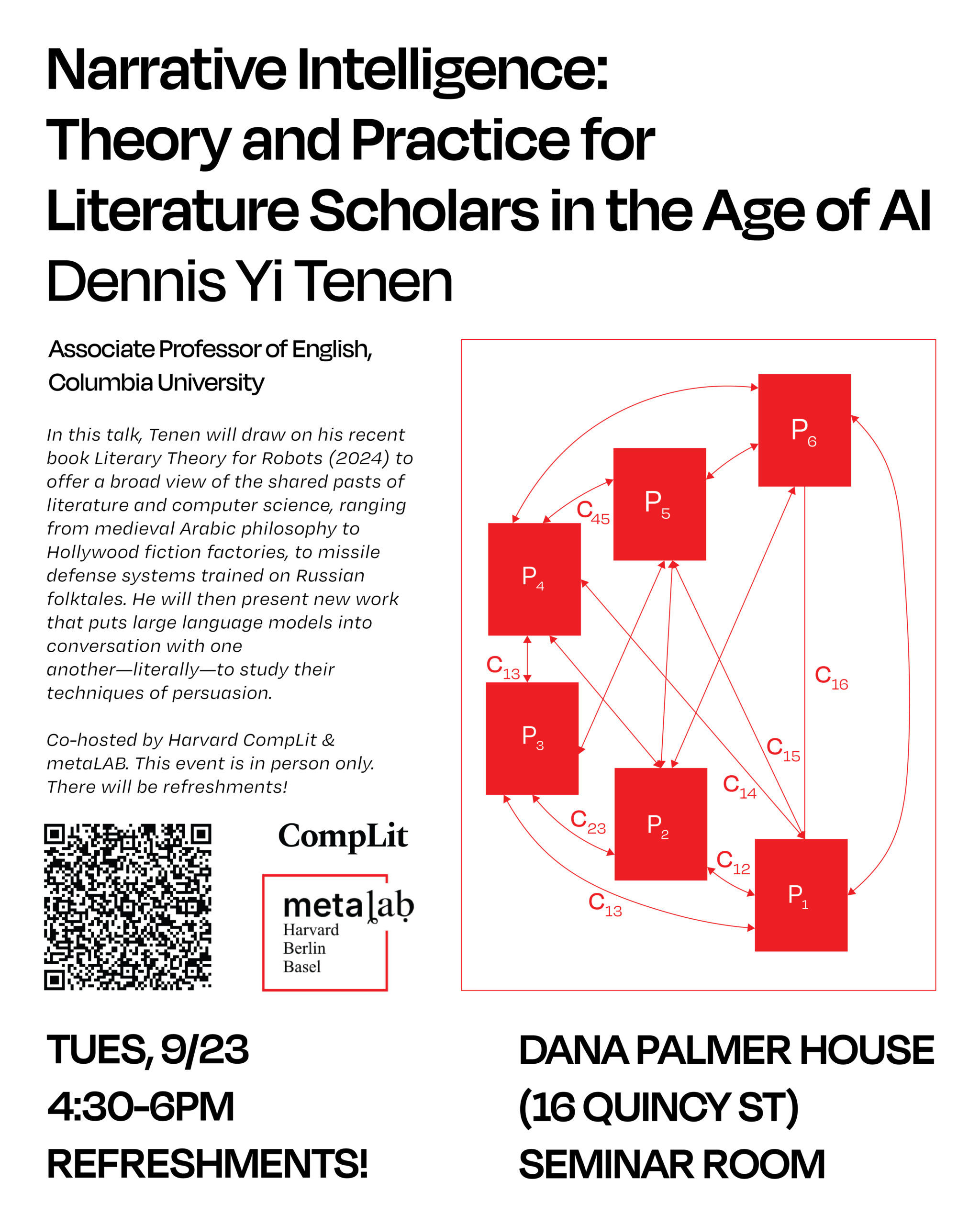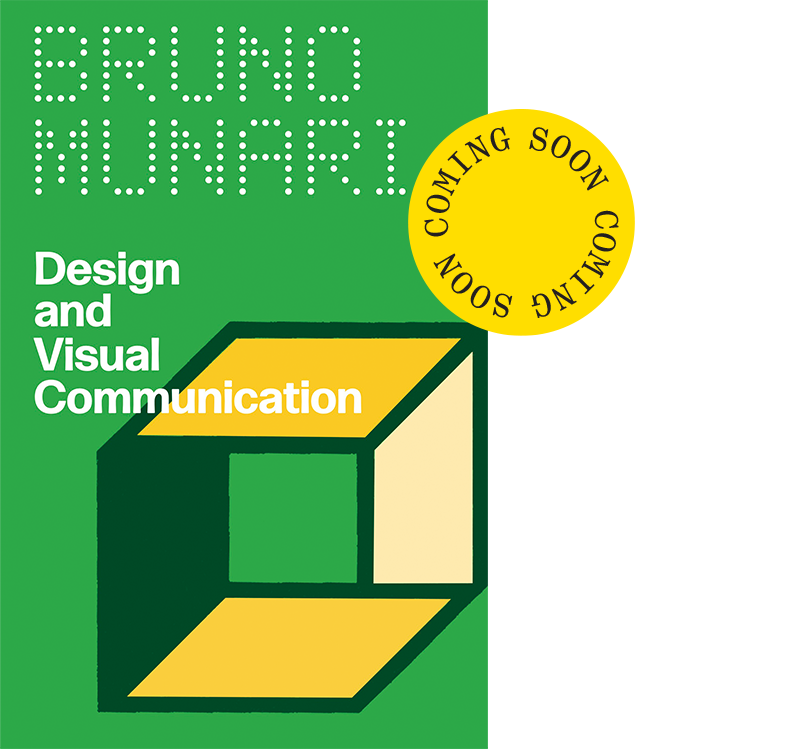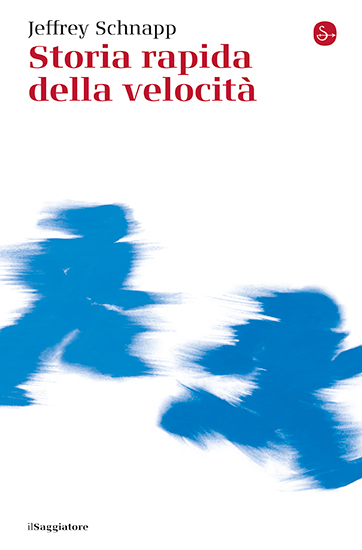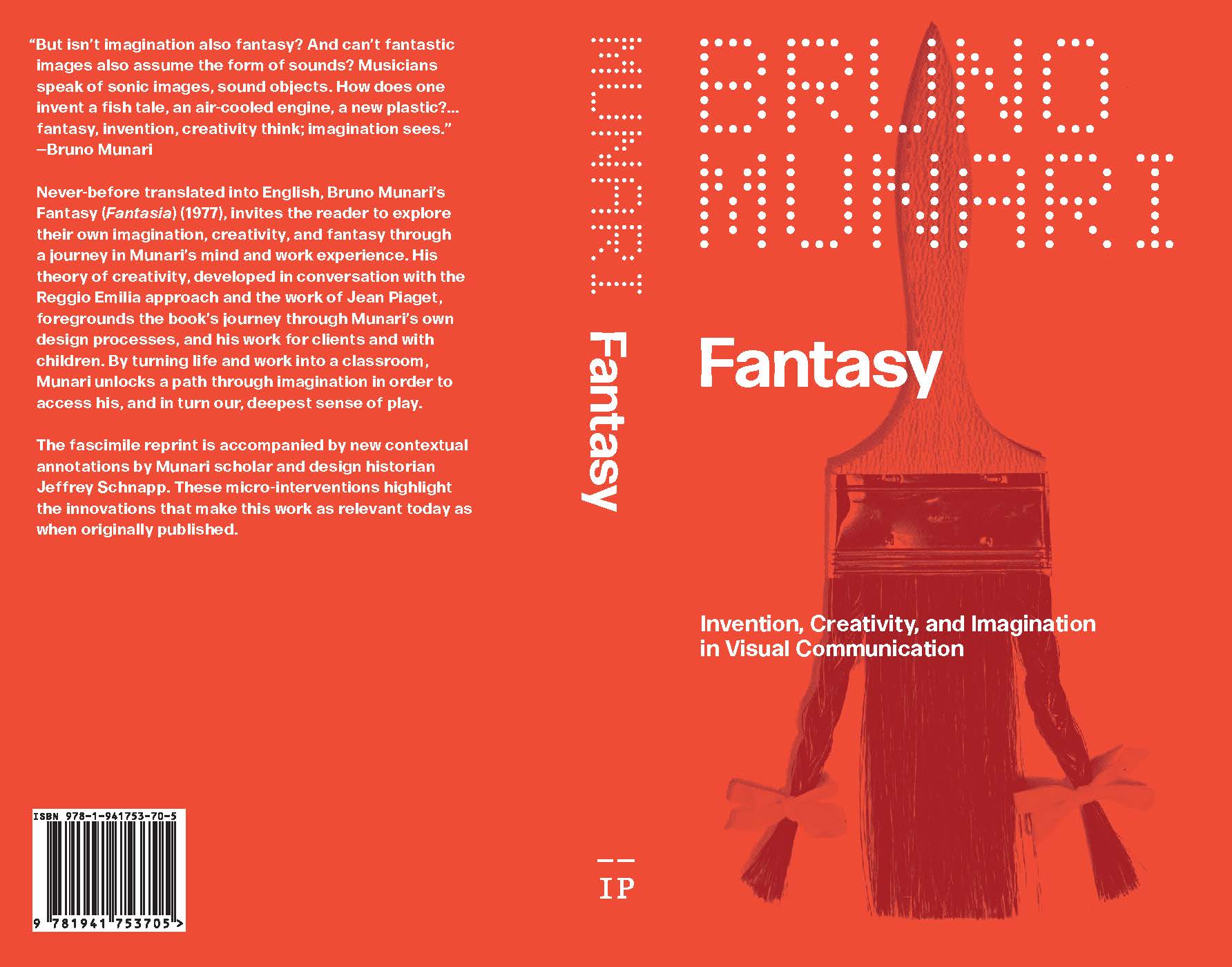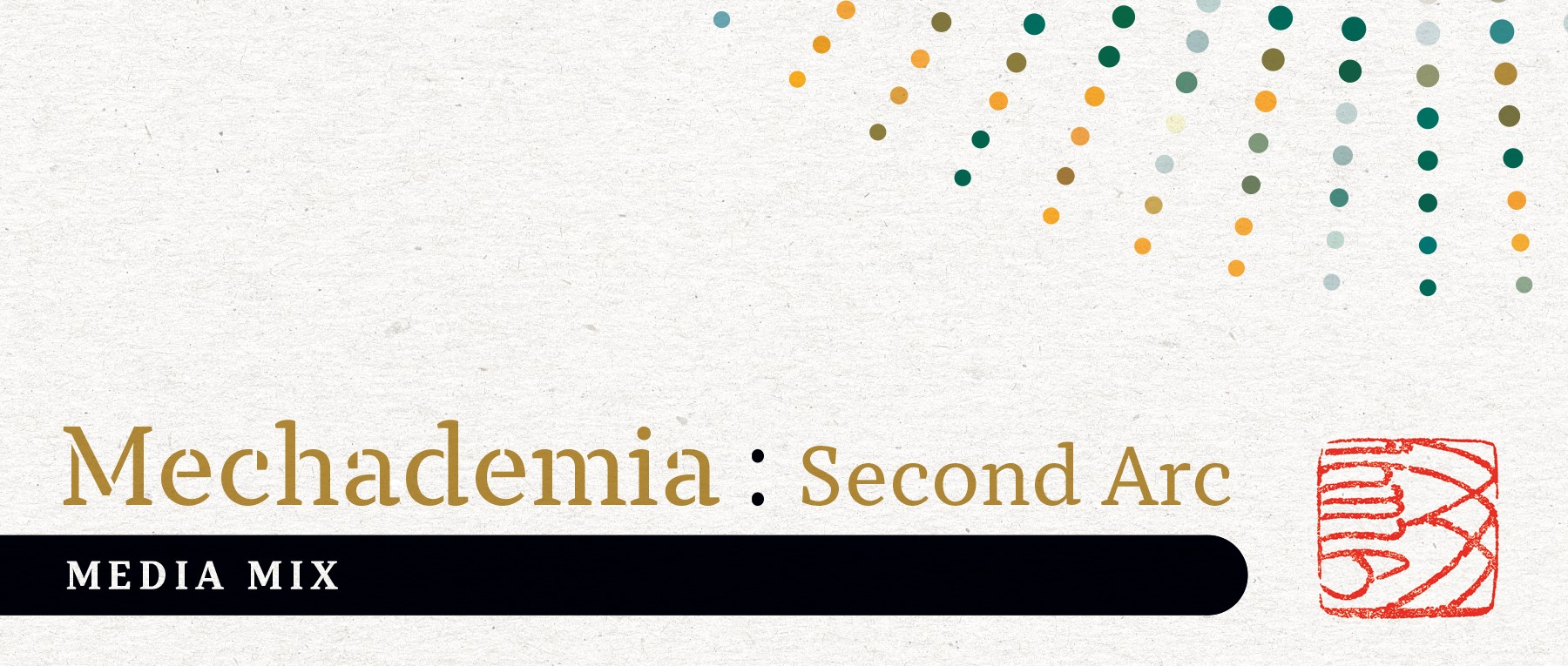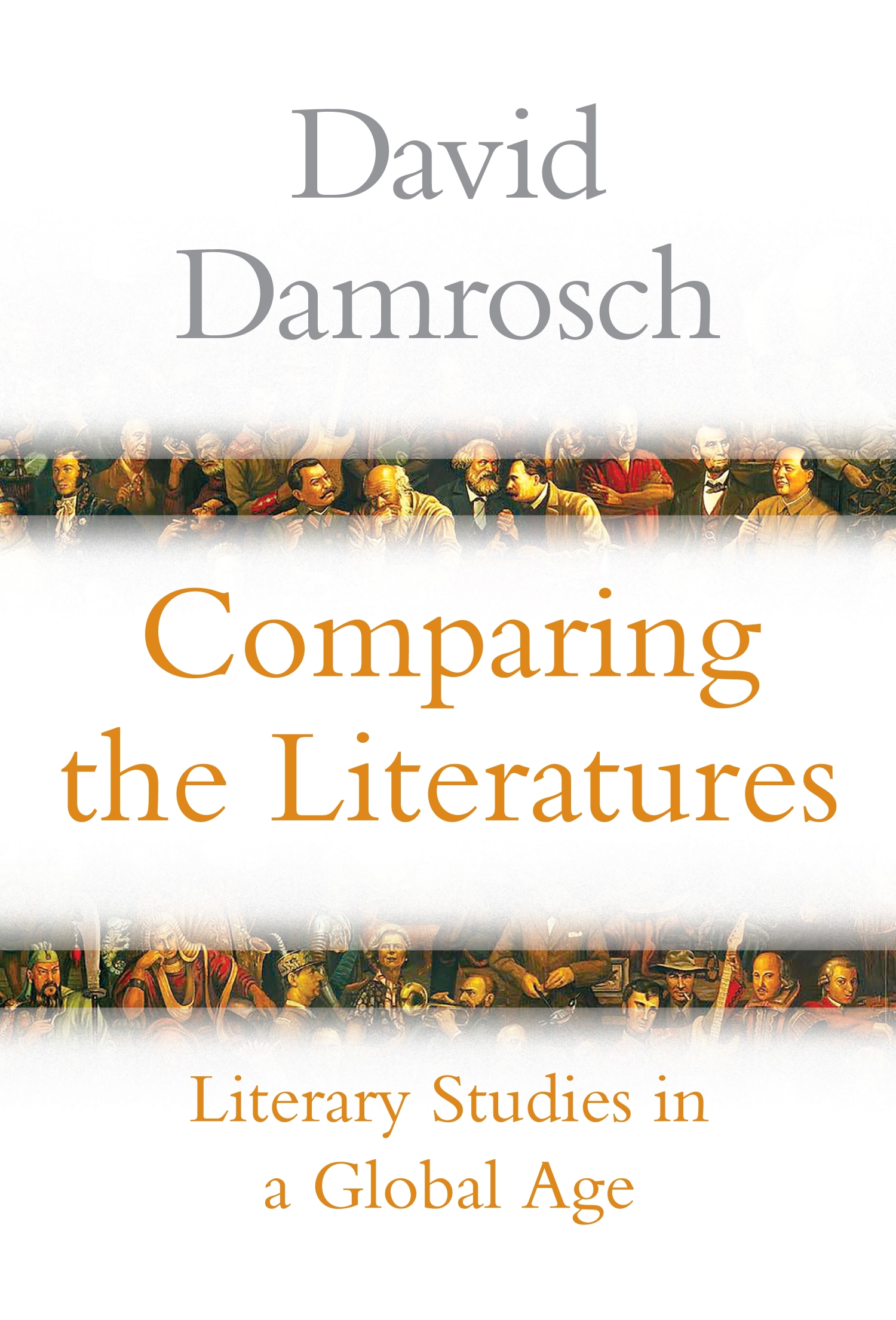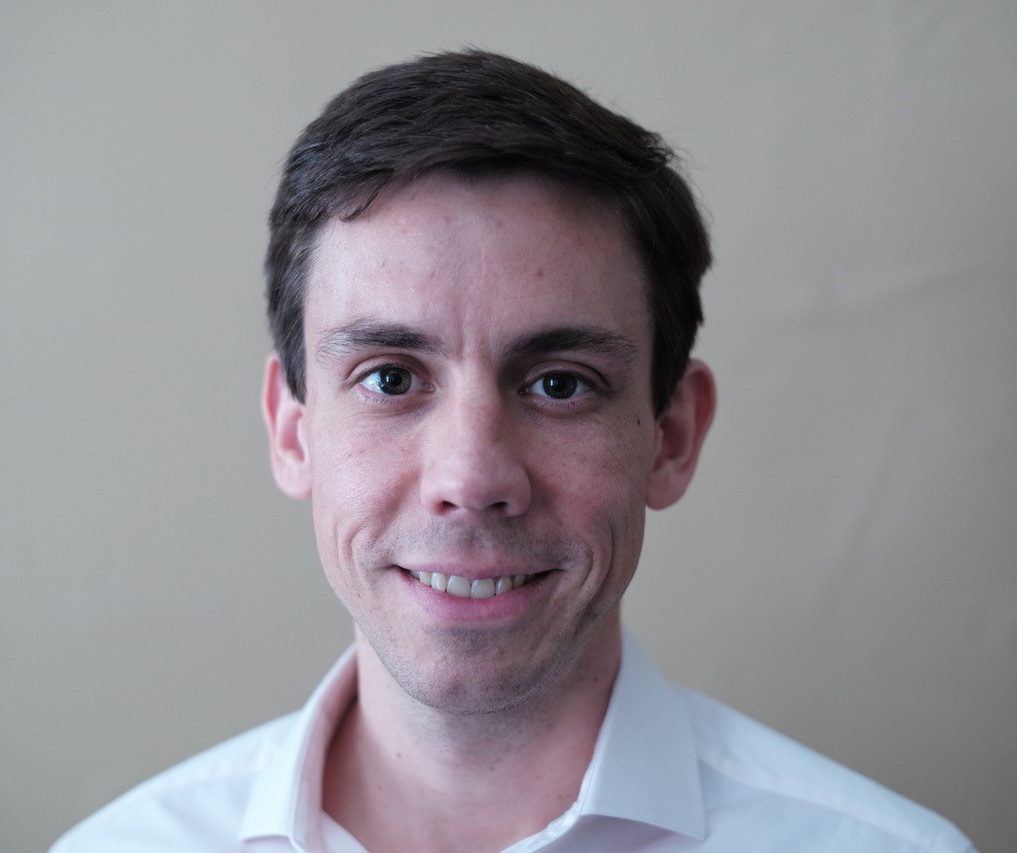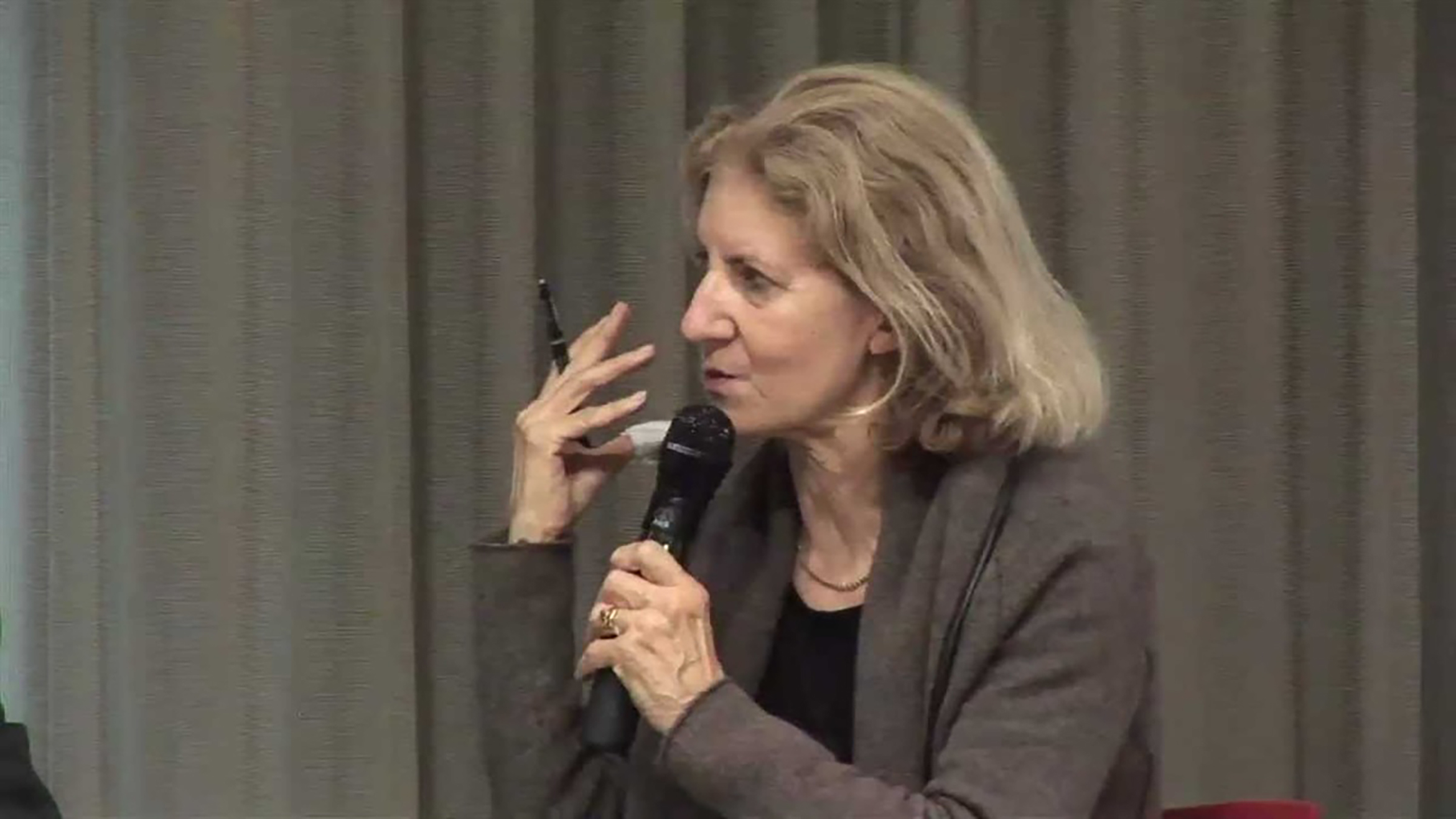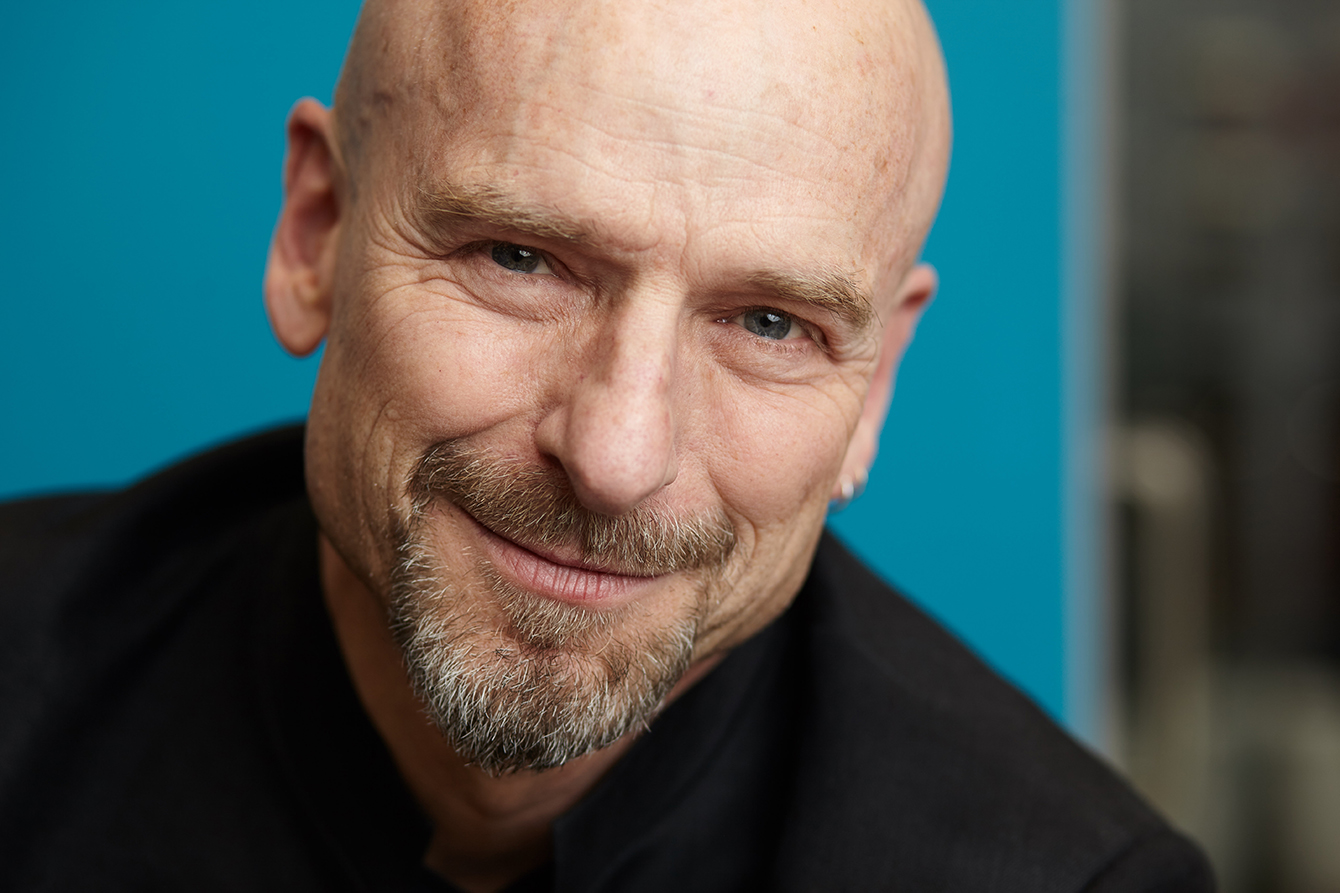From the dust jacket: “In A Fast-Paced History of Speed (Storia rapida della velocità, Milan: Il Saggiatore, 2025), Jeffrey Schnapp spans millennia, cultures, and technologies to explore the profound relationship between velocity and civilization. This is not merely a history of technology or transportation, but a fascinating journey into the imagination and sensibilities of modern humanity—-forever poised between the desire for transcendence and the limitations of the body.
From the Spartan Ladas, who ran so fast he seemed to float through the air, to the cosmic wheels that envelop Dante in the Paradiso; from Thomas De Quincey’s mail coach to the Futurist race cars of Filippo Tommaso Marinetti; from J.M.W. Turner fiery portraits of locomotives to Nvidia’s latest superchip— every form of acceleration tells a story of metamorphosis. And every transformation carries a promise to surpass the human but also the risk of losing oneself in a world that moves too fast.
With intelligence and irony, Schnapp reconstructs an anthropology of speed made of bodies, machines, ecstasies, and crashes. A book that urges us to reflect on what we are becoming. Because in our race toward the future, speed is not just a means—-it is the very measure of what we call progress, power, and existence.”
Storia rapida della velocità was awarded the 2025 Premio di saggistica “Città delle rose” (in the non-Italian author category): an honor whose prior recipients include Alberto Manguel, Marc Augé, Michail Chodorkovskji, Edgar Morin, and Tzvetan Todorov.

